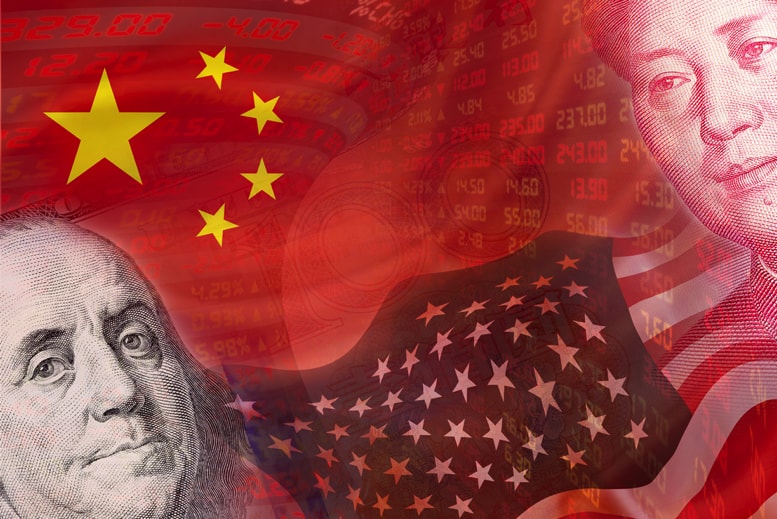China drops US coal: The US v China trade row continues to cause disruption but this time to the US coal industry. Chinese importers have started looking for options closer to home in response to the latest tariffs imposed by Washington.
China Drops US Coal: What’s Going On?
Under Donald Trump’s presidency, the United States has seen its coal exports grow exponentially; the US Energy Information Administration (EIA) has indicated that exports increased by 61% in 2017.
A contributing factor to this increase has been the Asian appetite for US coal, with exports to the region doubling in the past year.
India is another major importer of US coal too. It has tripled its imports over the past twelve months.
Safe to say, President Trump’s promise to revitalize the coal industry, appeared to have been met.
Trade War
But while coal exports have been booming, the ongoing trade war between the two economic giants now look set to impact on the controversial industry which President Trump has promised to revive.
An anonymous senior manager at a major Chinese coal trading house told Reuters:
“We’ve stopped US metallurgical coal imports, which is popular among steel mills, in late July. There is too much uncertainty in trade.”
>>Cannabis Penny Stocks Today: Namaste Technologies and CROP Infrastructure
New Tariffs
From Thursday, a new round of tariffs on $16 billion USD worth of Chinese imports will be implemented.
And in response, China has slapped levies on US metals and coals (thus, the school-yard bickering continues)
The anonymous manager added that the trading house, Shanghai Runhei, will boost the purchase of domestic coal to meet demand from clients:
“Traders have anticipated yuan depreciation and shored up imports in advance, including cargoes from the United States,”
Wang Fei, a coal analyst at Huaan Futures informed Reuters:
“Traders can easily shift their supplies to either domestic coal or Australian and
Indonesian coal since US imports only account for a tiny share.”
Everyone’s Affected
The reality is that the tremors from the ongoing tit-for-tat trade war may be felt in other countries, too, with South Korea, Taiwan, and Singapore just a few examples of those at risk of experiencing negative knock-on effects of the dispute.
Featured Image: Deposit Photos/wisitporn










